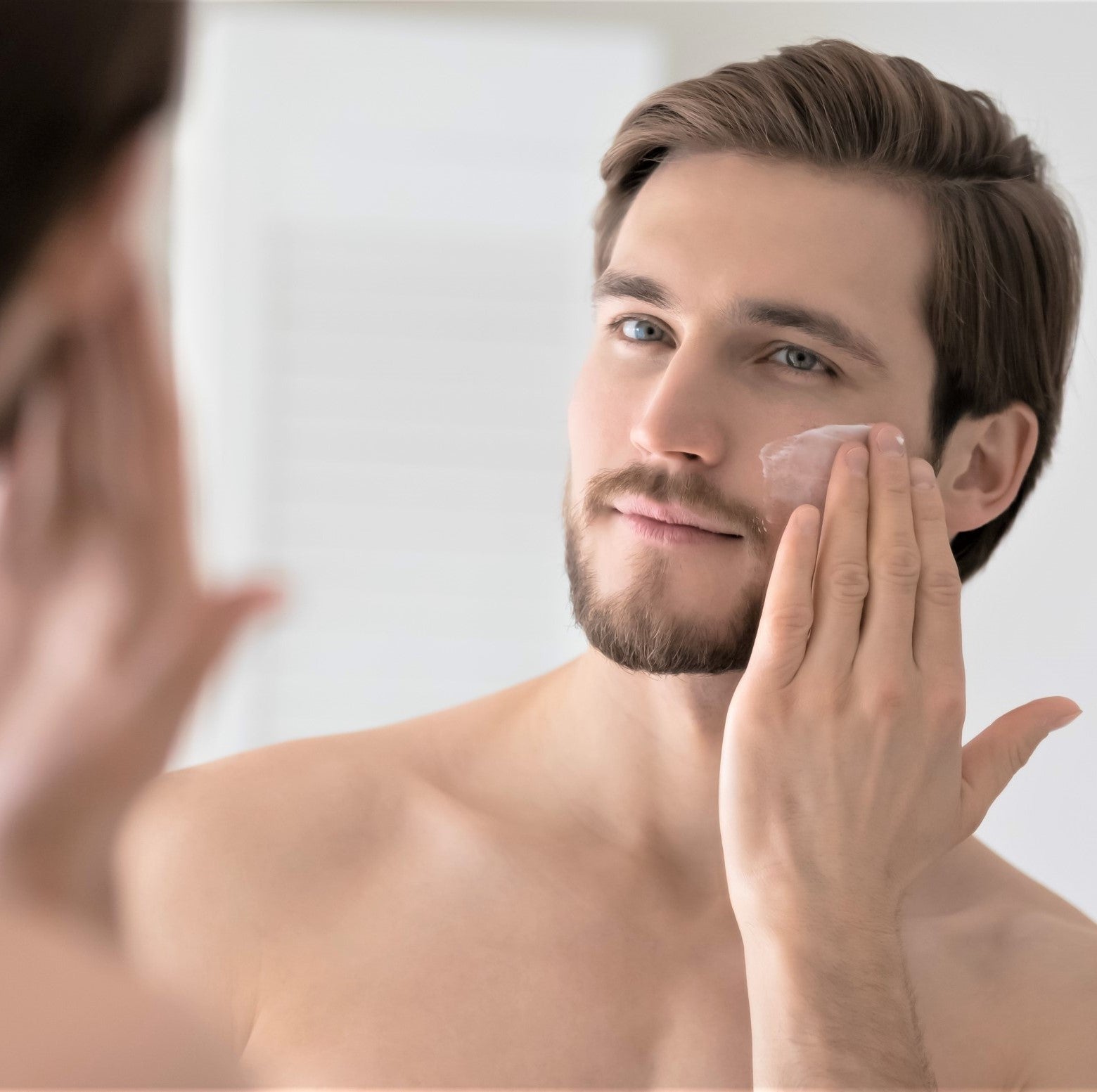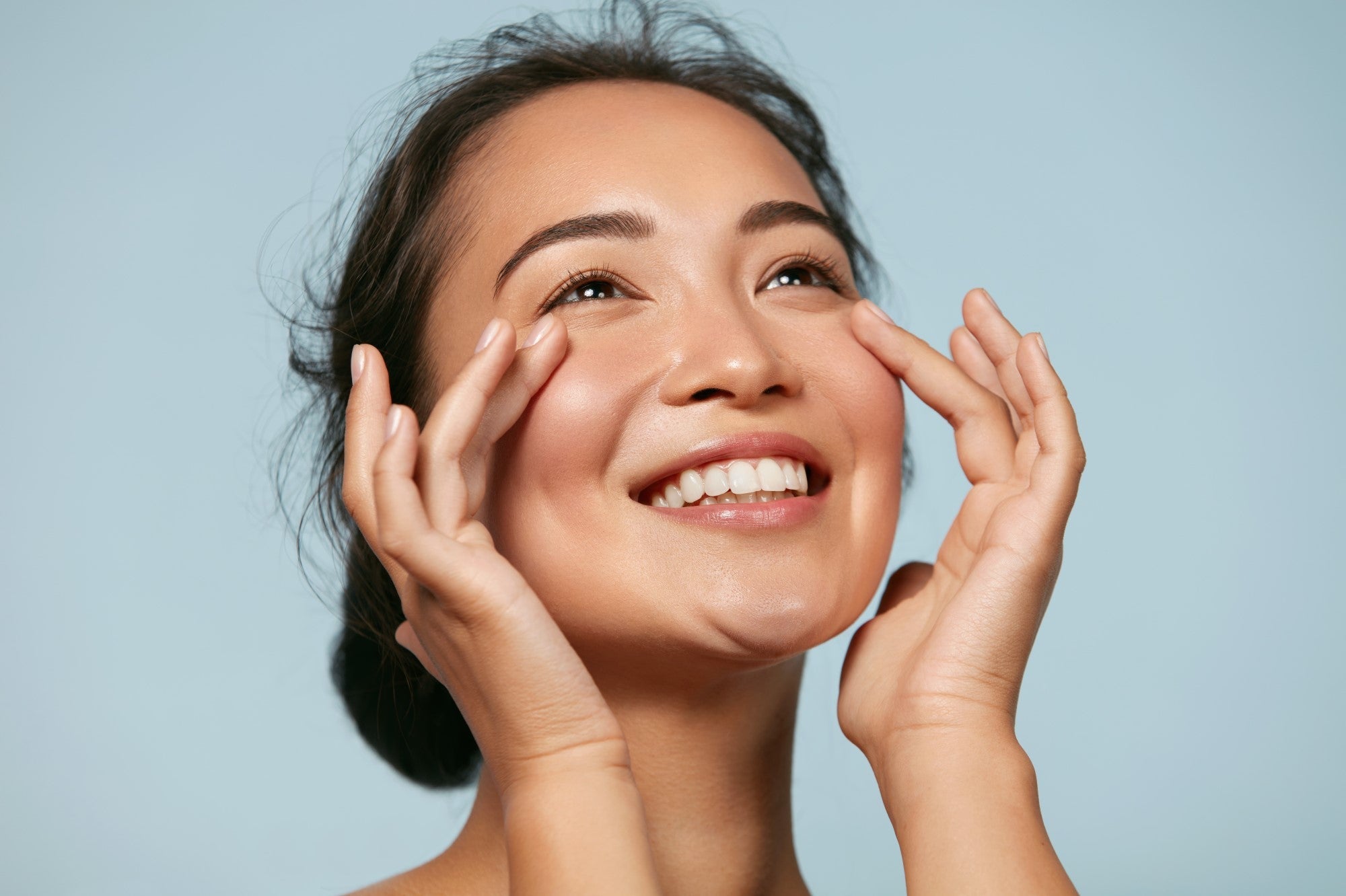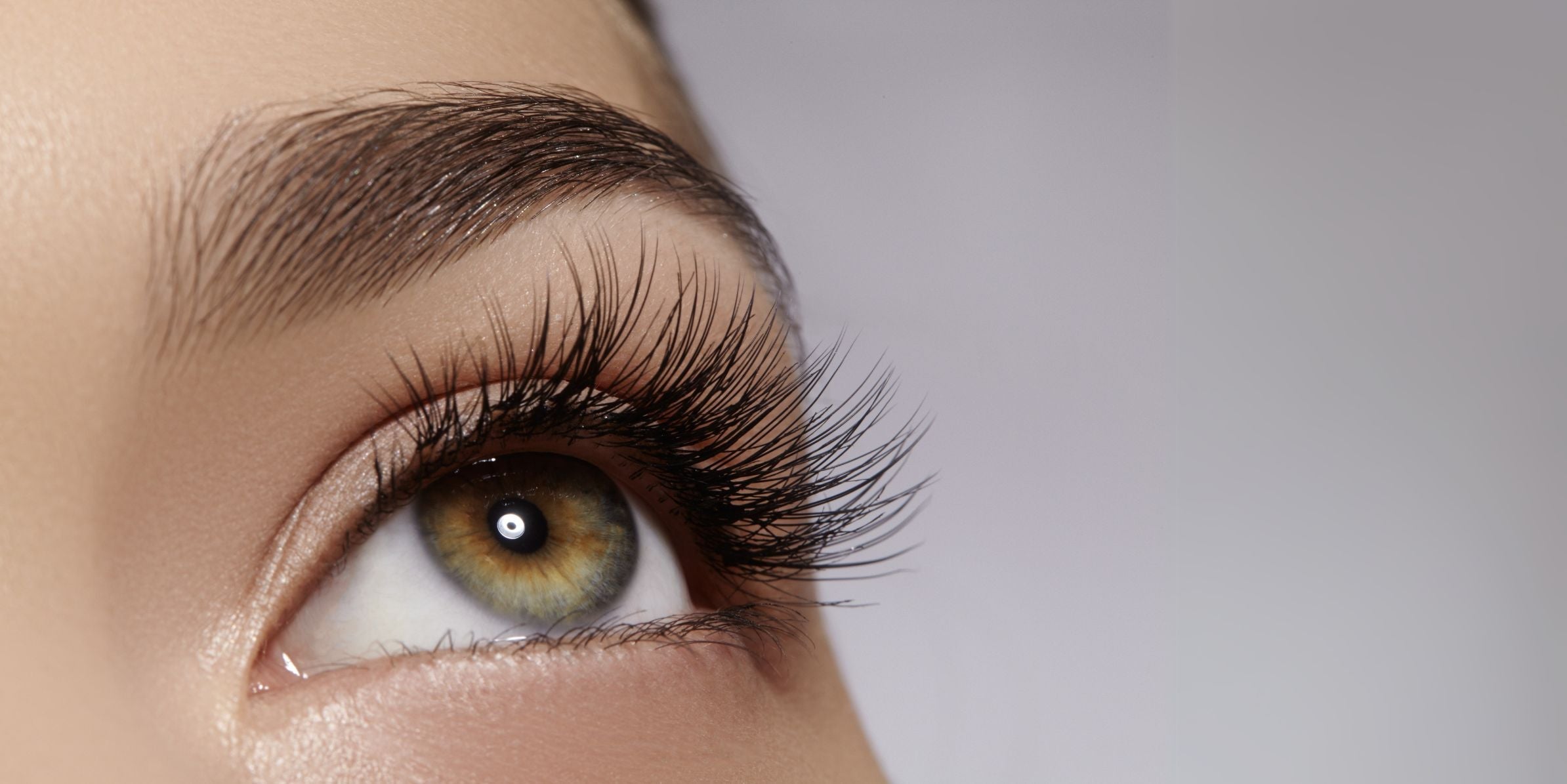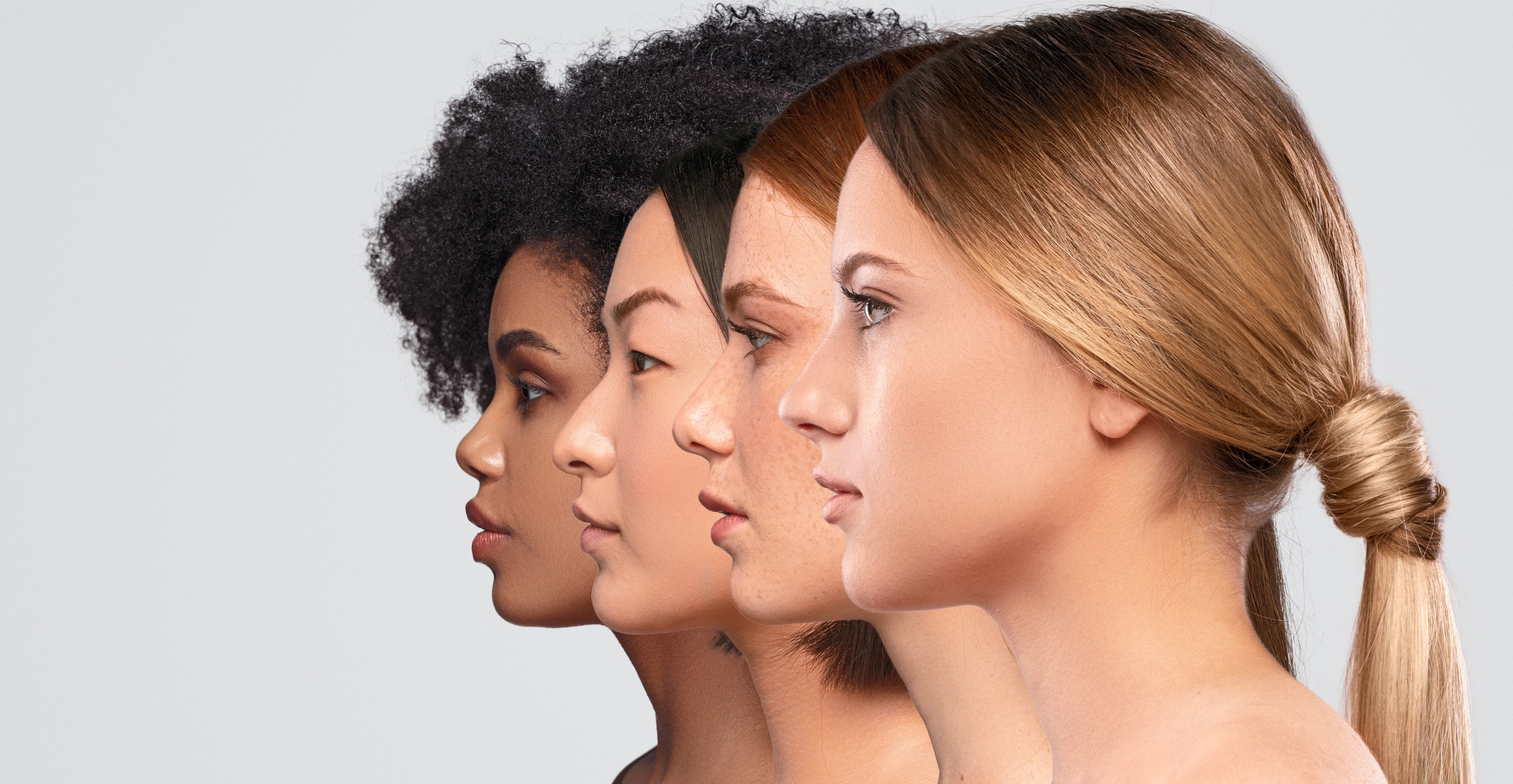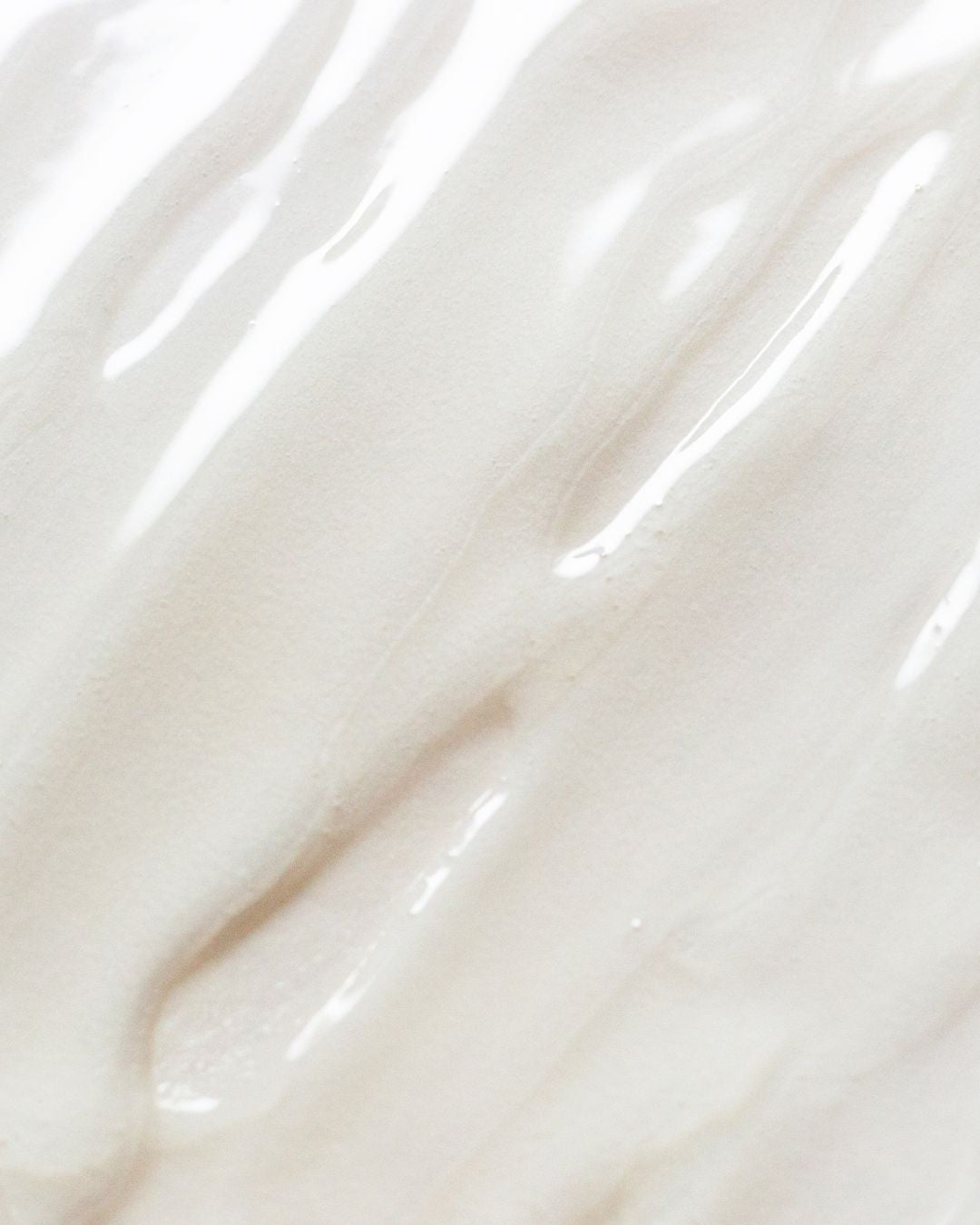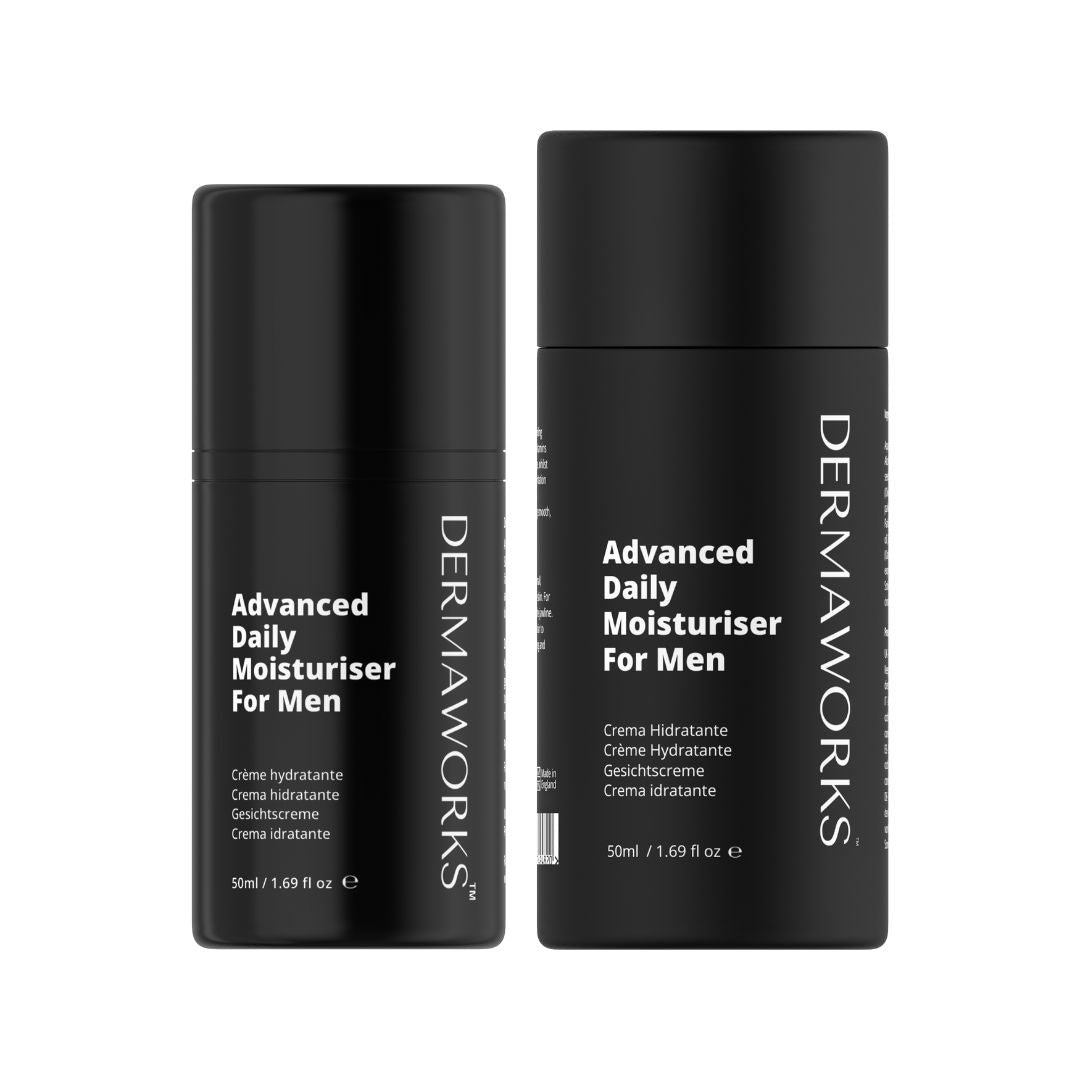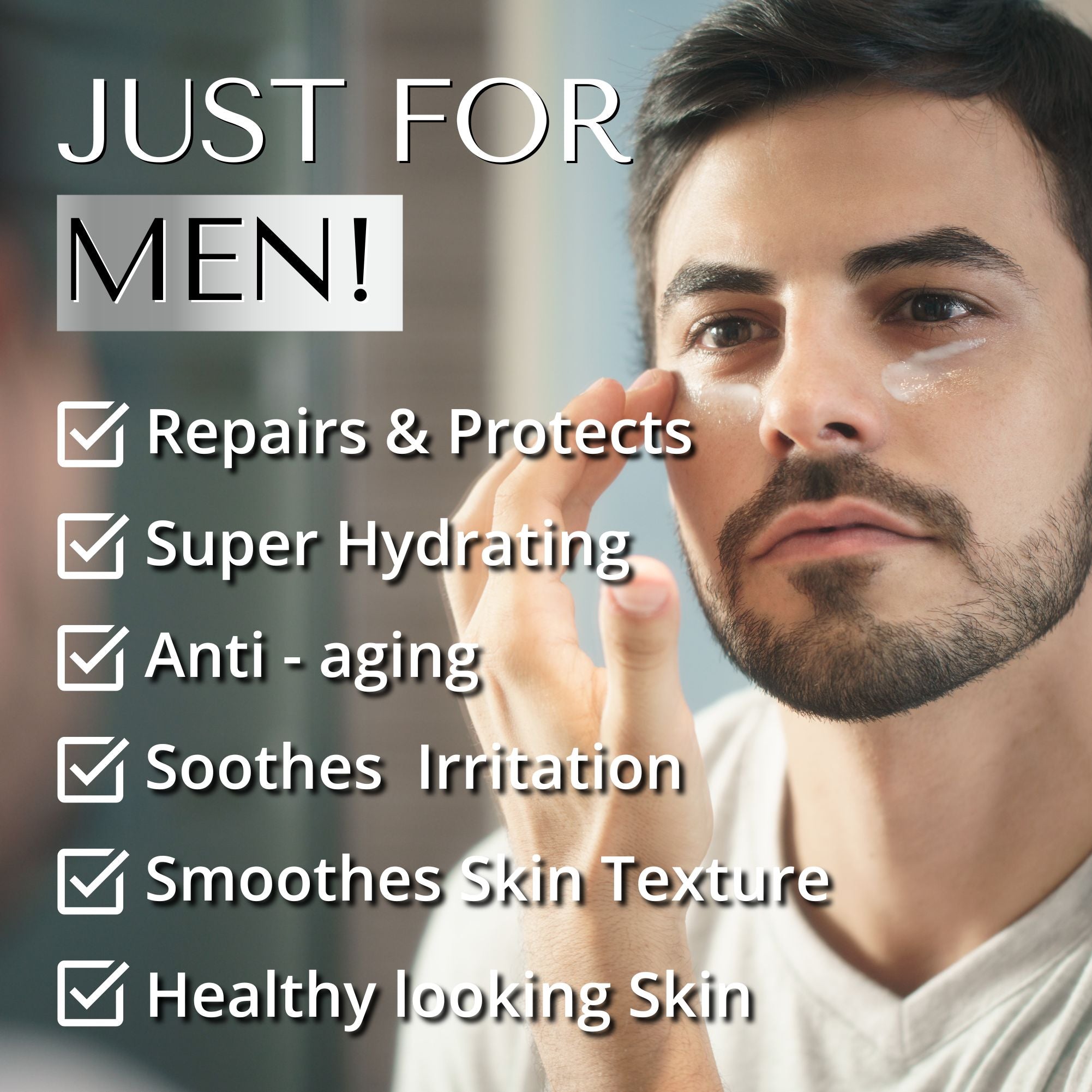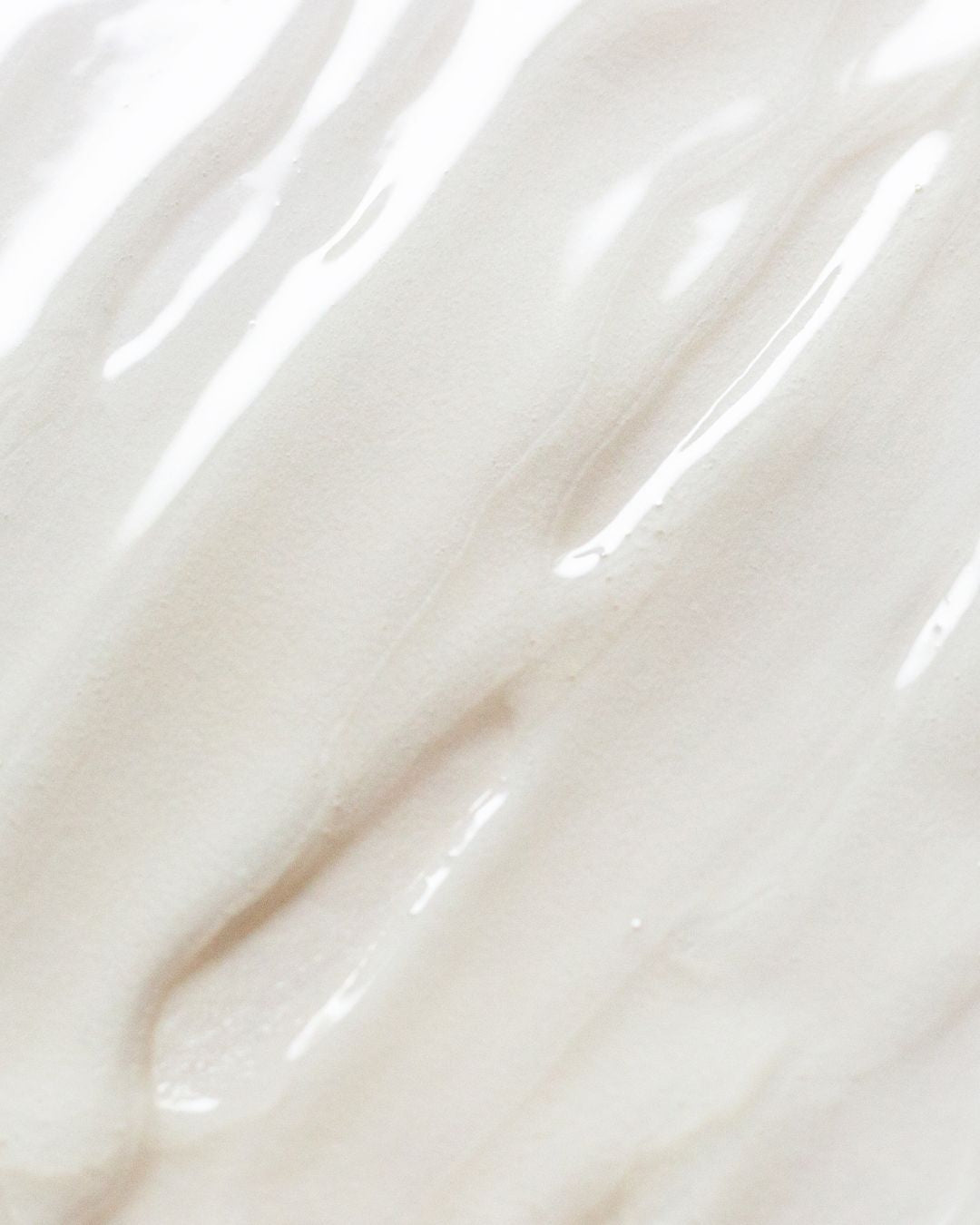Moisturiser is a cornerstone of most skincare routines, keeping your skin hydrated, plump, and balanced. But what happens if you stop using it? Whether you’re considering cutting moisturiser out of your routine, curious about how your skin will adapt, or simply wondering if your skin can handle a break, this post explores the potential effects.
1. Your Skin’s Hydration Levels Will Drop
Moisturisers are designed to lock in water and prevent moisture loss from the skin. When you stop using moisturiser, your skin may struggle to retain hydration, especially in dry or cold climates. As a result, you might notice:
- Dryness and tightness: Your skin may feel uncomfortable and look dull.
- Flaky patches: Without added hydration, areas prone to dryness, like around your nose and cheeks, may begin to peel.
Who’s Most Affected?
People with dry or sensitive skin are likely to feel the effects of stopping moisturizer more quickly, but even oily skin types can experience dehydration.
2. Your Skin’s Oil Production May Go Into Overdrive
If you stop moisturising, your skin might compensate by producing more sebum (oil) to make up for the lack of hydration. This can lead to:
- Increased oiliness: Your skin may appear shinier, especially in areas like your T-zone.
- Breakouts: Excess oil can clog pores and lead to acne or blackheads.
Fact: Even oily skin needs moisture! Dehydration can trigger your skin’s oil glands to work overtime, creating an imbalance.
3. Your Skin Barrier Can Become Compromised
The skin barrier, also known as the stratum corneum, is the outermost layer of your skin. Its job is to keep moisture in and protect against irritants, bacteria, and pollutants. Moisturisers play a key role in maintaining this barrier.
Without moisturizer, your barrier may weaken, leading to:
- Irritation and sensitivity: Your skin may become red, itchy, or prone to inflammation.
- Increased vulnerability to environmental stressors: Pollutants and allergens may more easily penetrate your skin, causing long-term damage.
4. Premature Aging May Become More Noticeable
Hydration is essential for maintaining smooth, plump skin, and when you stop moisturising, fine lines and wrinkles can become more prominent. Dry, dehydrated skin loses elasticity and firmness faster, making signs of aging appear more pronounced.
Pro Tip: Even if you have naturally oily or acne-prone skin, using a lightweight, non-comedogenic moisturiser can help keep your skin looking youthful and fresh.
5. Makeup Application Becomes More Challenging
Without a hydrated base, applying makeup can become a frustrating experience. Skipping moisturiser can lead to:
- Cakey or patchy foundation: Dehydrated skin creates an uneven surface for makeup.
- Enhanced texture: Dry patches and fine lines become more visible under makeup.
If you wear makeup regularly, keeping your skin moisturised is essential for a smooth, flawless application.
6. Skin Conditions May Worsen
For individuals with pre-existing skin conditions, stopping moisturiser can exacerbate symptoms.
- Eczema: Moisture loss can trigger flare-ups of redness, itching, and scaling.
- Rosacea: Dryness often worsens rosacea symptoms, making skin appear redder and more irritated.
- Acne: Dehydrated skin produces excess oil, potentially leading to more frequent breakouts.
Dermatologist Tip: If you’re dealing with a skin condition, choose a moisturiser formulated for your specific needs, like those with ceramides, niacinamide, or hyaluronic acid.
Should You Ever Stop Using Moisturiser?
While most people benefit from regular moisturiser use, there are some instances where you might consider taking a break:
- If your skin feels greasy or congested: You may be using the wrong type of moisturiser. Opt for a lightweight, oil-free formula instead.
- If you’re layering too many products: Simplifying your routine can help reset your skin, but always include at least a basic moisturiser.
- If your skin is naturally balanced: Rarely, some people with very balanced, resilient skin may not need daily moisturisers. However, this is uncommon.
How to Properly Adjust Your Skincare Routine
If you’re thinking about stopping moisturiser, consider alternatives to maintain hydration and protect your skin barrier:
- Use a hydrating serum: Serums with hyaluronic acid or glycerin can deliver moisture without feeling heavy.
- Choose a multi-purpose product: A lightweight sunscreen with hydrating properties can serve as both sun protection and a moisturiser.
- Introduce an oil-free gel moisturiser: If you’re worried about greasiness, opt for a water-based gel formula that hydrates without clogging pores.
Final Thoughts
Stopping moisturiser isn’t recommended for most skin types, as hydration is key to maintaining a healthy, balanced complexion. Without it, you may experience dryness, oiliness, irritation, and even accelerated signs of aging. If you’re concerned about your moisturiser or feel it’s not working for you, don’t ditch it altogether—switch to a formula that better suits your needs.

